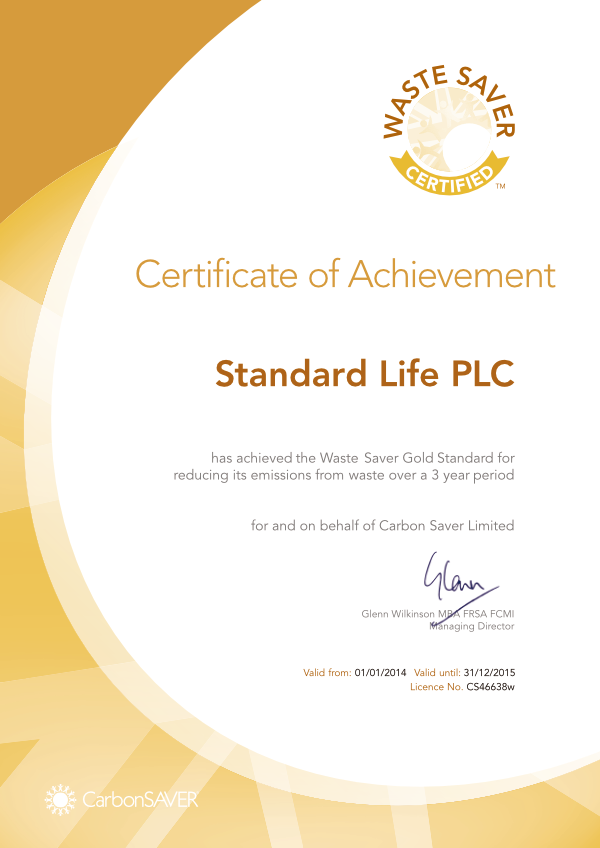
Waste Reduction Strategies
at Standard Life
Introduction
Standard Life, a prominent financial services company, recognized the importance of corporate responsibility and embarked on a waste reduction initiative to align its operations with sustainable practices. This resulted in achieving the Waste Saver GOLD Standard in 2011.
This case study delves into the strategies employed, challenges encountered, and the overall impact achieved in the pursuit of minimizing waste within the organization.
Objective
The primary objective of Standard Life's waste reduction initiative was to diminish the company's environmental footprint by implementing efficient waste management practices, fostering a culture of waste reduction, and promoting sustainability throughout its operations.
Strategies Implemented
1. Waste Stream Analysis
Standard Life conducted a comprehensive analysis of its waste streams to identify key areas of waste generation. This data-driven approach enabled targeted interventions for maximum impact.
2. Paperless Office Initiative
A significant portion of waste in office environments often stems from paper usage. Standard Life implemented a paperless office initiative, encouraging digital documentation, electronic communication, and the adoption of digital tools to minimize paper waste.
3. Recycling Infrastructure
The company invested in upgraded recycling infrastructure, placing clearly labeled bins for different types of recyclables across office spaces. Regular training sessions were conducted to educate employees on proper recycling practices.
4. Supply Chain Engagement
Standard Life collaborated with suppliers to minimize packaging waste, opting for eco-friendly packaging and encouraging a reduction in unnecessary materials. This initiative extended the company's commitment to sustainability beyond its immediate operations.
5. Employee Engagement Programs
To cultivate a culture of environmental responsibility, Standard Life initiated employee engagement programs, including awareness campaigns, training sessions, and recognition for departments or teams achieving notable waste reduction milestones.
Challenges Faced
1. Cultural Shift
Shifting the corporate culture towards waste reduction required overcoming ingrained habits and fostering a mindset of sustainability among employees at all levels.
2. Technology Adoption
The transition to a paperless office faced resistance due to technological challenges and the need for comprehensive training. Ensuring a smooth adoption process was crucial.

Outcomes
1. Reduction in Paper Waste
The paperless office initiative led to a significant reduction in paper consumption, contributing to a decrease in overall office waste.
2. Improved Recycling Rates
Standard Life witnessed an improvement in recycling rates with the introduction of enhanced recycling infrastructure and targeted employee education.
3. Corporate Responsibility Recognition
The waste reduction initiatives enhanced Standard Life's reputation as a socially responsible and environmentally conscious organization, positively impacting its brand image.
Conclusion
Standard Life's waste reduction case study highlights the successful implementation of strategies to minimize waste within a corporate setting.
By addressing waste at its source, engaging employees, and collaborating with suppliers, Standard Life exemplifies how financial institutions can play a crucial role in promoting sustainability and responsible waste management practices.





